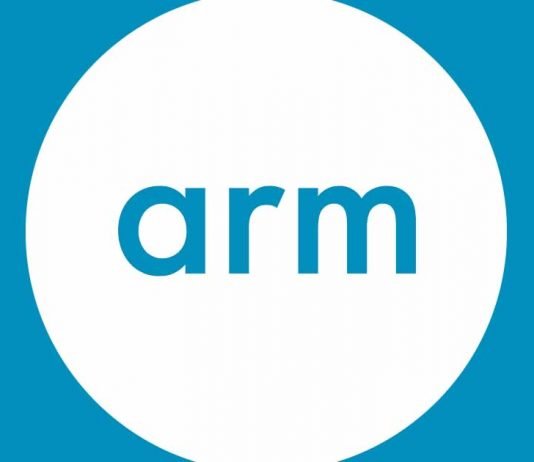ARM has renewed its collaboration with open-source developer Collabora. This partnership aims to fund the continued development of the Panfrost driver, an open-source graphics driver for ARM Mali GPUs.
For years, GPU drivers in Arm processors have been notoriously closed-source, making bug fixes a tedious and time-consuming process. Developers were left at the mercy of the silicon vendor, who might not deem certain bugs important enough to fix. This led to a concerted effort by the developer community to reverse-engineer GPU drivers, with projects like Freedreno for Qualcomm Adreno, Etnaviv for Vivante, and Lima and Panfrost for Arm Mali GPUs taking center stage.
The Panfrost driver has undergone extensive changes recently, with the third generation of Valhall GPUs utilizing a revamped Command Stream Frontend designed for Vulkan. The driver is almost ready for integration into the Linux Kernel, a significant milestone that follows ARM’s introduction of the next GPU generation in 2022.
This renewed collaboration with ARM has spurred Collabora to push other projects forward. They are currently working on a Vulkan driver to complement the existing OpenGL and OpenGL-ES drivers. Progress is also expected in the support for OpenCL for GPU computations, although the corresponding driver is still considered “experimental” at this stage.
ARM’s trust in Panfrost is evident, assuring customers that they can use Mali systems without any concerns, regardless of the operating system and graphics middleware. This confidence underscores the potential of open-source projects in enhancing system performance and flexibility.
In addition to their work on the Panfrost driver, Arm is also making strides in other areas of open-source development. The company is working with Linaro to make development work easier and is contributing to the open-source Python community. Arm is also focusing on getting more embedded software to run on Arm and has moved its RAN Accelerator Library (RAL) to an open-source project to aid 5G infrastructure.


